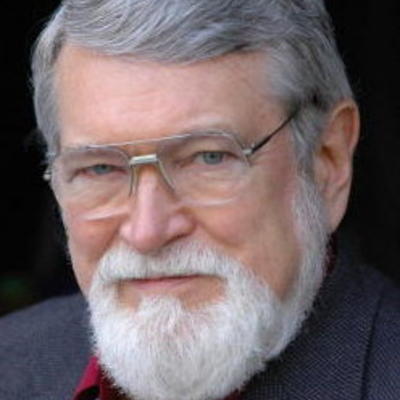
David Korten
The beliefs and insights presented in this report are the product of three related and overlapping sets of life experience: twenty-five years as a student, professor, researcher, and advisor in business management; thirty years working in international development (twenty-one of them living abroad in Africa, Asia, and Latin America), and twenty years studying and engaging in public education and movement building aimed at ending corporate rule and bringing forth a new economy grounded in living system principles. Each set of experiences involved a combination of direct experience, study, and countless exchanges with friends and colleagues of many nations and backgrounds.
My passion to address the causes of global poverty began in my senior year at Stanford University in 1959, with a decision to devote my life to bringing the secrets of US business success to the rest of the world through management education. In the late 1970s and through the 1980s, I focused on the significant difference between community-based versus top-down approaches to meeting development needs. I was engaged with the International Committee on Management of Population Programs, the Management Institute’s Working Group, the Asian NGO Coalition (ANGOC), the Society for International Development, and World Development journal. By 1990, after 30 years of working with and in the international aid system I had become a leading critic of conventional development policies and aid programs.
In the 1990s, I became involved at the leading edge of an emerging global resistance against international agreements that were driving a consolidation of global corporate rule at the expense of democracy, people, and nature and organized a network of intellectual activists engaged in the search for alternatives. I was active in the NGO forums at the 1992 United Nations Conference on Environment and Development (UNCED) and other major UN conferences and participated in founding the People-Centered Development Forum (now the Living Economies Forum), the International Forum on Globalization (IFG), YES! Magazine, the Business Alliance for Local Living Economies, and the New Economy Working Group. These engagements connected me with hundreds of organizations at the forefront of challenging every aspect of conventional economic thought.